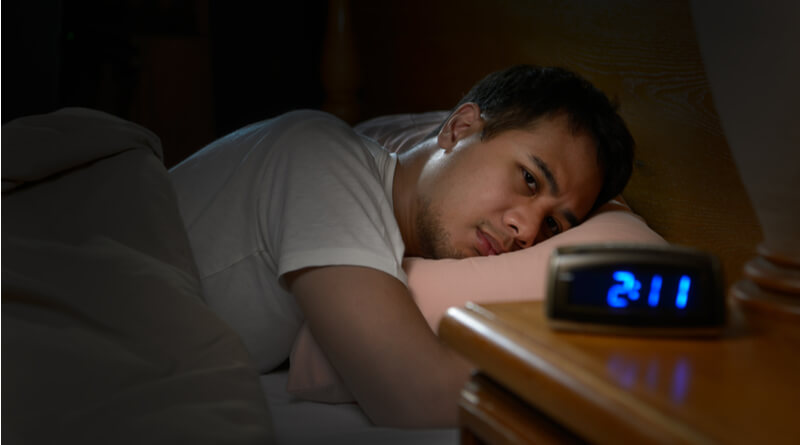In today’s world, sleep is more important than ever, mostly because for many people, sleep has become more elusive than ever. Millions of people around the world suffer from some type of regularly occurring insomnia. This is unfortunate, because sleep deprivation takes a true toll on your health, both mentally and physically. In the mildest cases it will just result in fatigue and a few mild headaches. But in the most severe cases, sleep deprivation can affect your body chemistry, hormone production, digestive processes, blood pressure levels, and even lead to heart disease and stroke. Yes, sleep is that important.
There are many strategies to treat insomnia. A lot of them are centered around adjusting your environment to make it optimal for inducing sleep. This means turning off your screens, reducing outside noise, lowering the lights, etc. There are also several medication options, and of course there are clinical sleep studies. But you may not have to actually go so far to treat your insomnia. There are many natural remedies for insomnia; many of them can be prepared in the comfort of your own home. You probably even have the necessary materials already. Read on to see the best natural ways to treat insomnia.
Natural Remedies For Treating Insomnia
Kiwi
Kiwi is a great fruit to treat insomnia. Kiwis are rich in antioxidants which relieve oxidative stress on the brain that is sometimes responsible for insomnia. The fruit also contains serotonin which helps to soothe the mind.
Bananas
Eating a banana before bed time is a great way to induce sleep and leap over the problems created by insomnia. Banana is rich in magnesium, potassium, and tryptophan, essential minerals that help regulate your brain functionality. They also generate hormones needed to induce sleep, like melatonin and serotonin.
Honey
A couple tablespoons of honey before bed time will go a long way towards curing your insomnia. Honey supplies the liver with glycogen. If glycogen levels drop too low, your body will begin to produce the stress inducing hormone, cortisol as a response. Cortisol will definitely affect your sleep.








